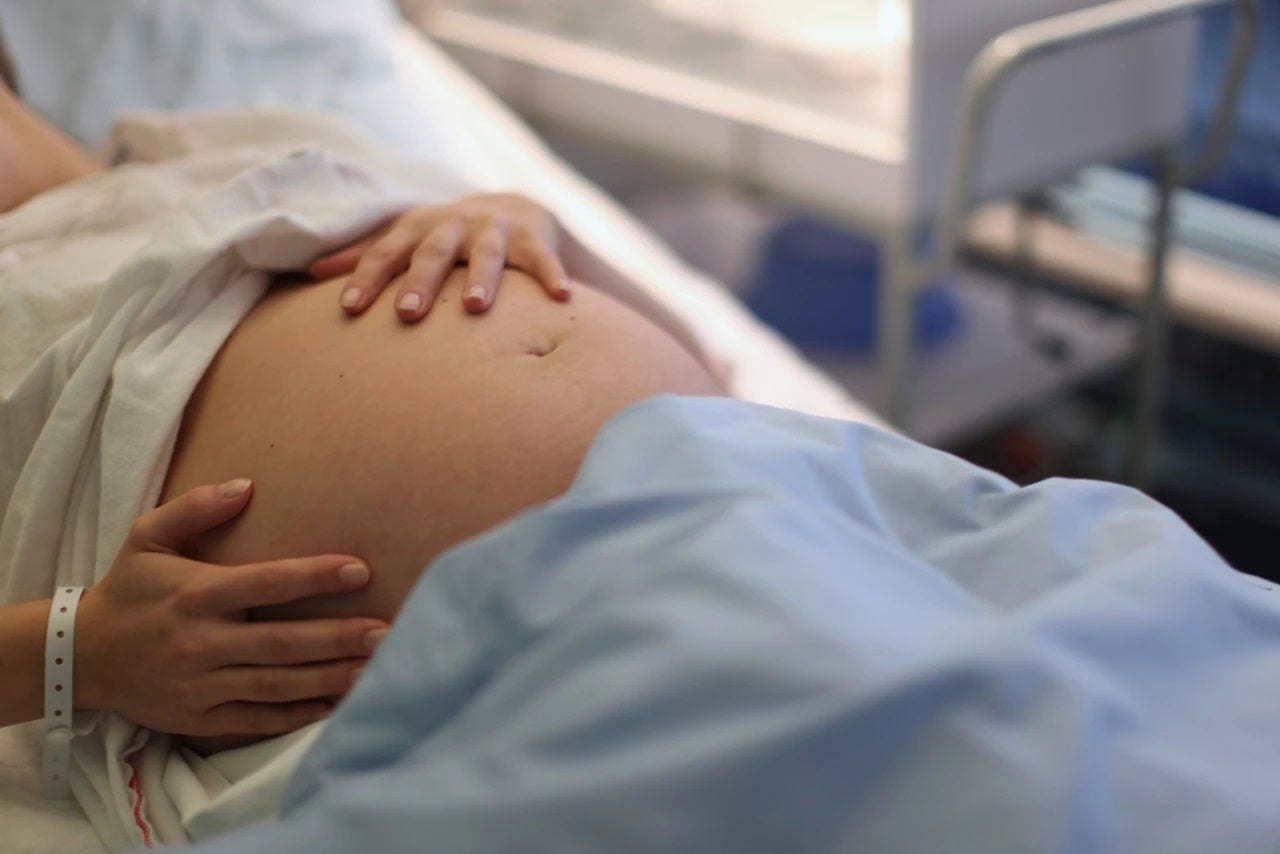When you’re thinking about how to manage your labour, drinks and snacks for labour might not be at the top of your priority list.
However, unless you’re a regular marathon runner, you’ll probably burn up more energy during labour than at any other time in your life, so it’s important to make sure that you’re as prepared as you can be. That includes having healthy snacks and drinks on hand to keep your energy levels up—electrolytes at the ready!
Here, we’re exploring how healthy snacks for labour can help build your energy levels, what the best snacks for labour are, and how many you might want to pack in your hospital bag.












